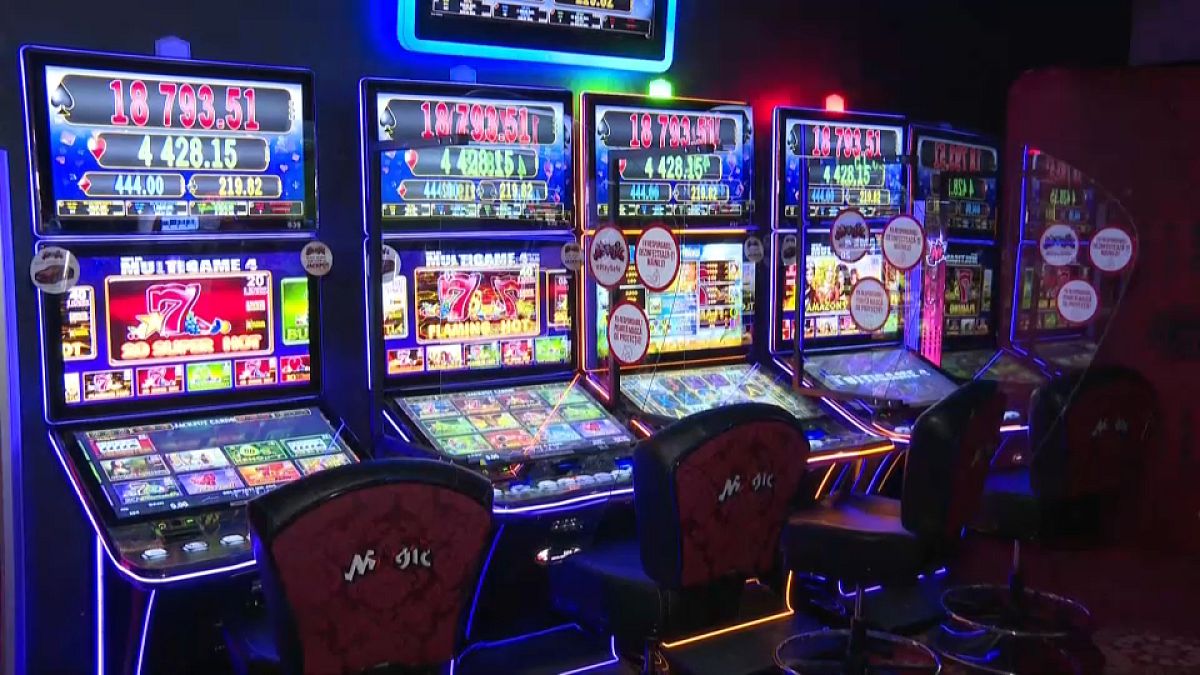A unanimous vote by legislators belies divisions over the wisdom and practicality of the policy.
Romania has announced a ban on gambling venues in small towns and villages with populations of less than 15,000 residents.
What’s known as the “law of slot machines” was passed by deputies in the lower house of parliament.”It is the first law adopted in Parliament in 30 years against this mafia that has controlled the political world until now,” said Alfred Simonis, the leader of the Social Democrats.
“Right now we are fighting an industry that has a total turnover of €10-12 billion.”
Industry figures complain they were not consulted, and hope that the authorities will control the black market as they promised.
Despite the unanimous vote, there was some dissent within the chamber. Two opposition parties that want to ban the “scourge” of gambling outright accuse the government of collusion with the gaming sector for not taking a stronger position.
On another front Ionut Mosteanu, the leader of the opposition USR, questioned how lawmakers had set the threshold.
“They thought that slot machines only damage 15,000 people,” he said. “There was not even a debate to see how many townships qualify for this 15,000. Why not 16, 17, why not two million and you would ban them definitively?”
Gambling venues have become ubiquitous across Romania over the last few decades. The National Gaming Office, the state body that monitors and approves the sector, has registered 12,000 sports betting, bingo, casino, lottery rooms.
The state collects taxes from gambling venue licenses and online ticket sales as from the amount betting houses spend on advertising.
There are no recent data to indicate how many people in Romania are addicted to gambling. The last survey was conducted in 2016, and found that there could be around 100,000 addicted people across the country. The number today could be much higher.
Research recently carried out by Save the Children shows that one in seven children in Romania spends money on gambling, while one in 10 lives in families where one of the parents does.

